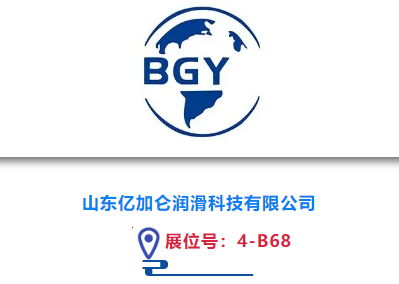USA: The number of potential new lower GWP refrigerants continues to rise with four more proposed for inclusion in ANSI/ASHRAE Standard 34-2013.
The new refrigerants are an Arkema blend R459A and three Mexichem blends R459B, R460A and R460B.
Standard 34-2013, Designation and Safety Classification of Refrigerants, describes a shorthand way of naming refrigerants and assigns safety classifications based on toxicity and flammability data.
Both Arkema’s R459A and Mexichem’s R459B blends comprise differing amounts of R32, and the HFOs R1234yf and R1234ze(E). Their potential application is not revealed but similar blends have been developed as replacements for R410A. Both of the new blends are A2L “mildly flammables”.
Arkema’s R459A mixes R32, 1234yf and 1234ze(E) in proportions of 68%/ 26%/6%.
The Mexichem refrigerant R459B is a blend of the same refrigerants but in very different proportions: 21% R32, 69% R1234yf and 10% R1234ze.
The other two refrigerants, R460A and R460B, are both proposed by Mexichem and claim the A1, non-toxic, non flammable classification. Both comprise differing blends of R32, R125, R134a and 1234ze(E).
The R460B blend appears to be a very close match to the development refrigerant LTR4X which Mexichem has been promoting as a possible replacement for R404A and R22. Its blend of 28% R32, 25% 125, 20% 134a and 27% R1234ze(E) only differs from LTR4X by an extra 4% 134a at the expense of 1234ze.
The proportions of R460A are very different: 12% R-32, 52% R125, 14% R134a and 22% R1234ze(E).
More to come
Faced with a global phase-down of higher GWP HFCs, it has become a high stakes game to find safe alternatives. Earlier this year the Cooling Post revealed that at least 80 refrigerants were currently in use or under consideration to replace existing high GWP refrigerants, and there are more in the pipeline. Amazingly, ASHRAE records show that well over 200 applications for refrigerant classifications have been received since 1993. Not all have been successful or the application completed, and some have fallen into disuse, but the number still looks set to rise.






















